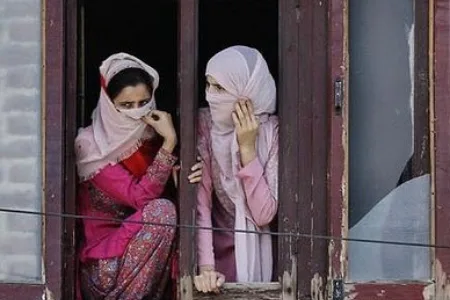Women, peace and security: new conceptual challenges and opportunities

UN Security Council Resolution 1325 and subsequent resolutions have attempted to redefine the relationships among women, peace and security. For many activists and practitioners, making gender central to peacebuilding and conflict resolution should transform the international peace and security agenda. However, there are indications that women are being integrated into the existing peace and security agenda without any transformation occurring.
This policy brief focuses on the conceptual basis of the women, peace and security (WPS) agenda in terms of three links: between gender and conflict, between gender and peacebuilding, and between the WPS agenda and feminist visions of peace.
It recommends the following:
- Rather than merely adding women into existing structures and processes, the WPS agenda should strive to transform the international peace and security system.
- Interventions in conflict/post-conflict situations should not only be informed by a liberal feminist agenda, but also by intersectional and post-colonial feminist analysis.
- Peacebuilding interventions should also include those women who do not necessarily support liberal agendas.
- Efforts to strengthen women’s participation in conflict resolution and post-conflict reconstruction should identify different non-violent forms of female political agency.